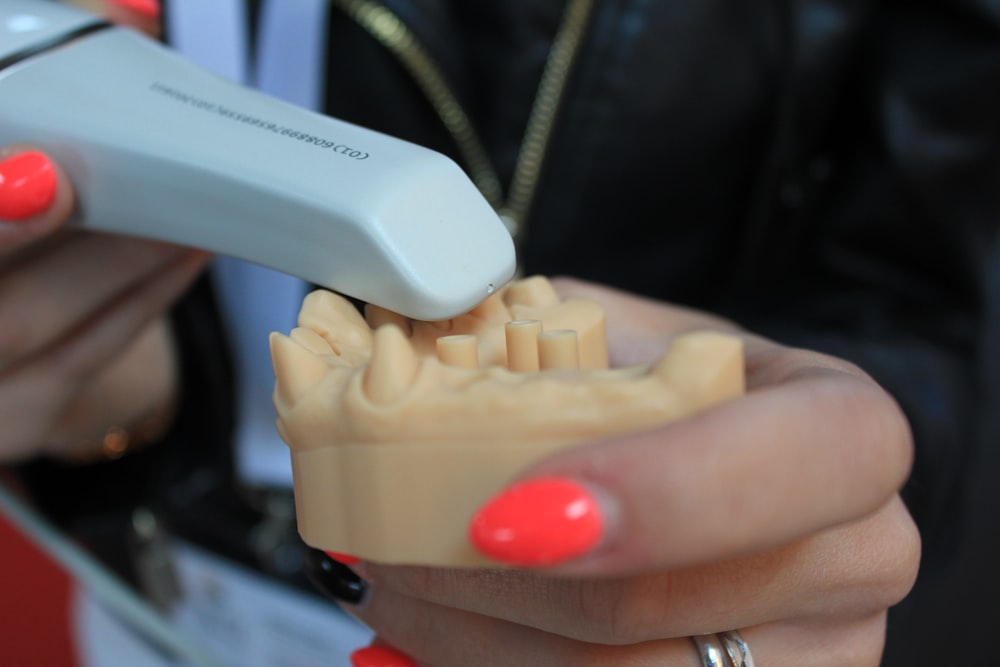
Sleep Well, Thrive: Nurturing Sleep Hygiene for Health
Quality sleep is the cornerstone of overall well-being, impacting physical and mental health. Explore the importance of sleep hygiene and how cultivating healthy sleep habits contributes to a thriving and vibrant life.
Understanding Sleep Hygiene
Sleep hygiene refers to practices and habits that promote quality sleep. It encompasses a range of factors, including sleep environment, bedtime routines, and lifestyle choices. Understanding the principles of good sleep hygiene is the first step towards fostering better sleep.
Creating a Comfortable Sleep Environment
A comfortable sleep environment is vital for quality rest. Ensure your bedroom is cool, dark, and quiet. Invest in a comfortable mattress and pillows, and eliminate electronic devices that emit blue light. Creating a serene and inviting sleep space sets the stage for restful nights.
Establishing Consistent Sleep Patterns
Consistency is key to good sleep hygiene. Aim for a regular sleep schedule by going to bed and waking up at the same time each day, even on weekends. This helps regulate the body’s internal clock, promoting better sleep quality and overall circadian rhythm.
Unwinding with Relaxation Techniques
Before bedtime, incorporate relaxation techniques to signal to your body that it’s time to wind down. Practices like reading a book, gentle stretching, or practicing mindfulness can calm the mind and prepare it for rest. Avoid stimulating activities or screen time close to bedtime.
Managing Stress for Better Sleep
Stress can significantly impact sleep quality. Implement stress management strategies, such as deep breathing exercises, meditation, or journaling, to alleviate stress before bedtime. Creating a mental transition from the day’s challenges to a peaceful state is conducive to restful sleep.
Watching Your Diet for Sleep Support
Diet plays a role in sleep hygiene. Avoid consuming large meals, caffeine, or alcohol close to bedtime. These substances can disrupt sleep patterns and hinder the body’s ability to enter deep, restorative sleep. Opt for a light, balanced evening meal to support better sleep.
Regular Exercise for Sleep Benefits
Regular physical activity contributes to overall well-being, and it also positively affects sleep. Engage in regular exercise, but try to complete vigorous workouts earlier in the day. Exercise promotes the release of endorphins, contributing to better mood and sleep.
Limiting Screen Time Before Bed
Electronic devices emit blue light, which can interfere with the body’s production of melatonin, a hormone crucial for sleep. Limit screen time at least an hour before bedtime. Consider using night mode features on devices or wearing blue light-blocking glasses to mitigate the impact.
Addressing Sleep Disorders and Disruptions
Persistent sleep issues may indicate underlying sleep disorders or disruptions. If you experience ongoing difficulties sleeping, consult with a healthcare professional. Conditions like insomnia, sleep apnea, or restless leg syndrome can be diagnosed and managed with appropriate interventions.
The Link Between Sleep and Overall Health
Recognize the profound connection between sleep and overall health. Quality sleep supports immune function, mental clarity, and emotional well-being. Prioritizing sleep hygiene contributes to a robust foundation for physical health and enhances the body’s ability to thrive.
To explore more about sleep hygiene and health, visit healthcares.my.id. Cultivating healthy sleep habits is a fundamental aspect of self-care. By embracing good sleep hygiene practices, individuals can optimize their sleep, promote overall health, and set the stage for a vibrant and fulfilling life.













